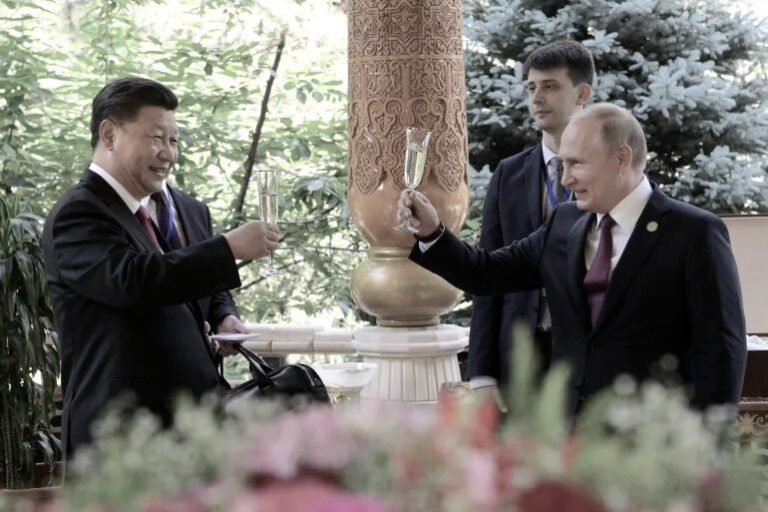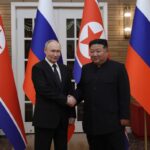Despite declaring neutrality in the Russia-Ukraine war, Beijing continues to contribute to the development of Russia’s military capabilities.
China is stepping up its scientific and technological partnership with Russia. In June 2025, a delegation of highly qualified Chinese experts of Luzhou North Chemical Industries Co., Ltd. (carries out a full cycle of development, production, testing and adaption of explosive materials) visited powder plant in Perm, Russian Federation. This plant is one of the most important elements of Russian Military Industrial Complex producing powder for the Russian Army.
The goal is to expand technological cooperation in the production of spherical composite energetic materials, particularly spherical smokeless powder – one of the key components in ammunition manufacturing.
The Chinese delegation was comprised of five senior engineers from Luzhou North Chemical Industries Co., Ltd.: Dai Jiushuang, Guo Xiaobing, Qi Chenyong, Chen Shimin, and Xu Hai. Russian side expressed considerable interest in the practical experience of some members of the delegation.

Dai Jiushuang (代久双) has a Bachelor of Engineering degree in the North University of China (province Shanxi). He is in-depth expert in the issue of chemical materials production for the defense industry, including ammunition packaging and the safe storage of explosives.

Guo Xiaobing (郭小兵; 郭曉兵) is a senior researcher and specialist in arms control, export control and international non-proliferation issues. He is co-author of several of scientific and journalistic publications on nuclear non-proliferation and nuclear security. He was also a senior researcher at the Center for International Trade and Security at the University of Georgia (USA). In 2014 and 2017 he attended the Moscow Conference on Non-Proliferation.
Behind the concise and formal description of the results of the visit, such as “steps for consolidation scientific and technological partnership”, “standardization of technical approaches”, “formation of mutual scientific competence and joint response to new challenges”, lies
In such a way, Moscow attempts to use Beijing’s scientific and industrial potential for the development of the Russian defense industry capabilities. The main aim of this visit was to find together with Chinese possible ways to increase the production of gunpowder and explosives at the Perm Powder Plant.
Such a “cooperation” contradicts official position of the PRC regarding its neutrality and diplomatic attempts to end the unjust war of Russia against Ukraine.
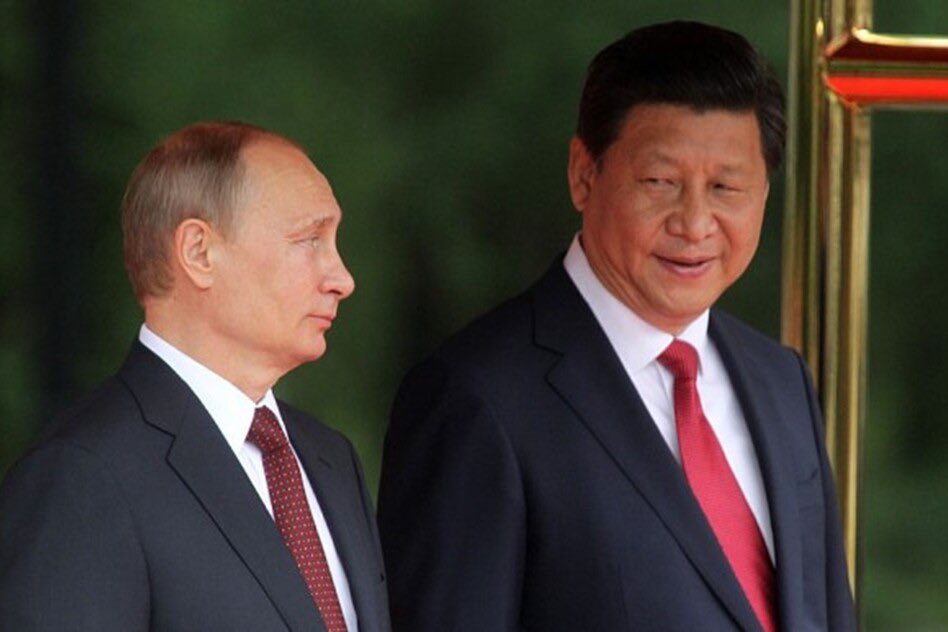
More on this story: China’s Declared Neutrality vs. De Facto Involvement in the Russia-Ukraine War
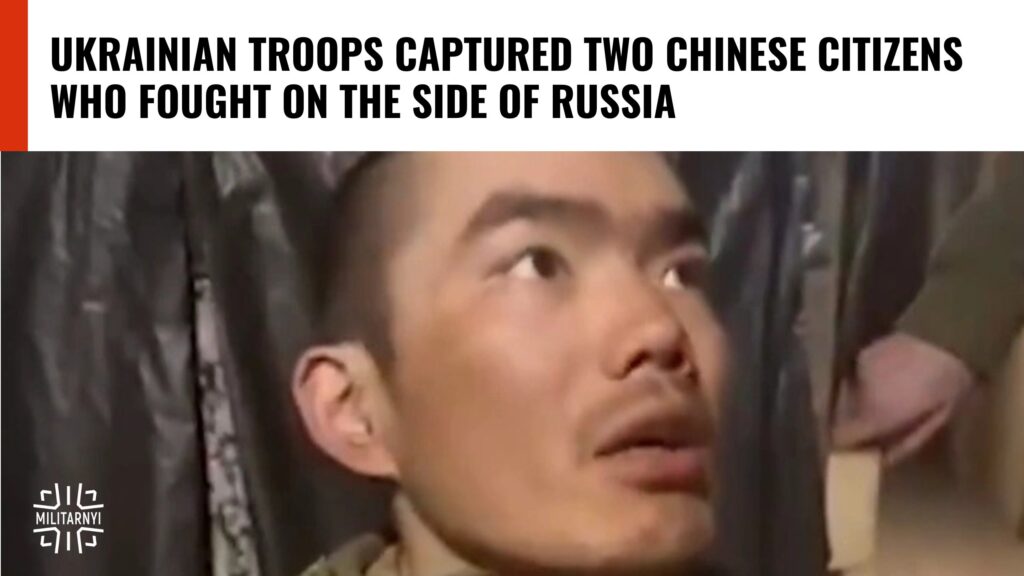
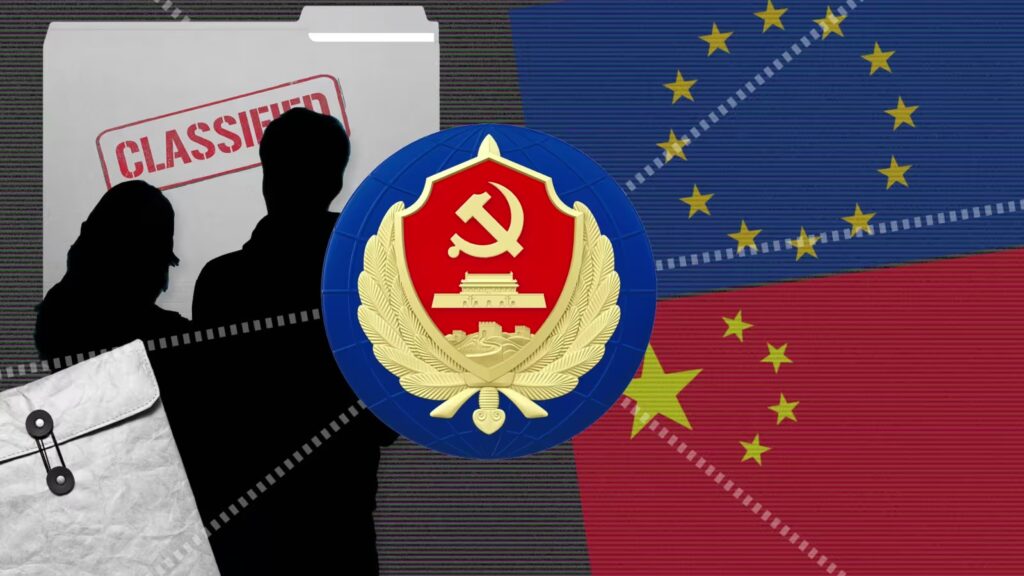
More on this story: Bear Meets Dragon: The Escalating Espionage Rivalry Between Russia and China
- China has been supplying:Tooling machines, special chemicals, gunpowder, and defense components to 20 Russian military production.
- According intel data the use of shell companies and deceptive labeling to bypass.
- April 2025 — Ukrainian President Zelenskyy accused China of providing Russia with artillery, gunpowder, and even hosting Chinese personnel in weapons production facilities on Russian.
China’s Official Position
- Beijing has flatly denied supplying any lethal weaponry or dual-use goods that support military efforts, maintaining a position of strict export control and neutrality.
Historical Evidence & OSINT
- Mid-2023 reporting referenced Chinese state-owned Poly Technologies sending bulk nitrocellulose (gunpowder precursor) to Russia, enough for 80 million rounds, according to US official reports and customs.
- OSINT discussion noted that these transactions were likely categorized as routine trade, but occurred after EU sanctions banned such exports .
Analysis: Can These Serve Russian Interests?
Yes. Supplying gunpowder and munitions-related chemicals is a clear strategic enabler for Russia’s war effort:
- Fuels Ammunition Production — Directly replenishes Russia’s depleted stocks amid high-intensity conflict.
- Sanctions Evasion — Use of shell companies and goods relabeled as civilian makes tracking and enforcement extremely difficult.
- Industrial Multiplication — Tooling and chemical inputs help maintain self-sufficiency in critical war industries.
- Strategic Leverage — China gains bargaining chips with Moscow, deepening the “no-limits” partnership.
Although China denies involvement, multiple credible sources—from Ukrainian intelligence to US officials and historical customs records—indicate that Chinese-origin gunpowder and related components have flowed into Russian defense factories. This has likely helped sustain Russian munitions output.
These dual-use exports align closely with Russia’s military strategy and enable Putin’s war machine to circumvent Western sanctions. Further investigation and transparency are needed, especially around:
- The identity and licensing of involved Chinese firms.
- Regulatory oversight and enforcement hoodwinks.


